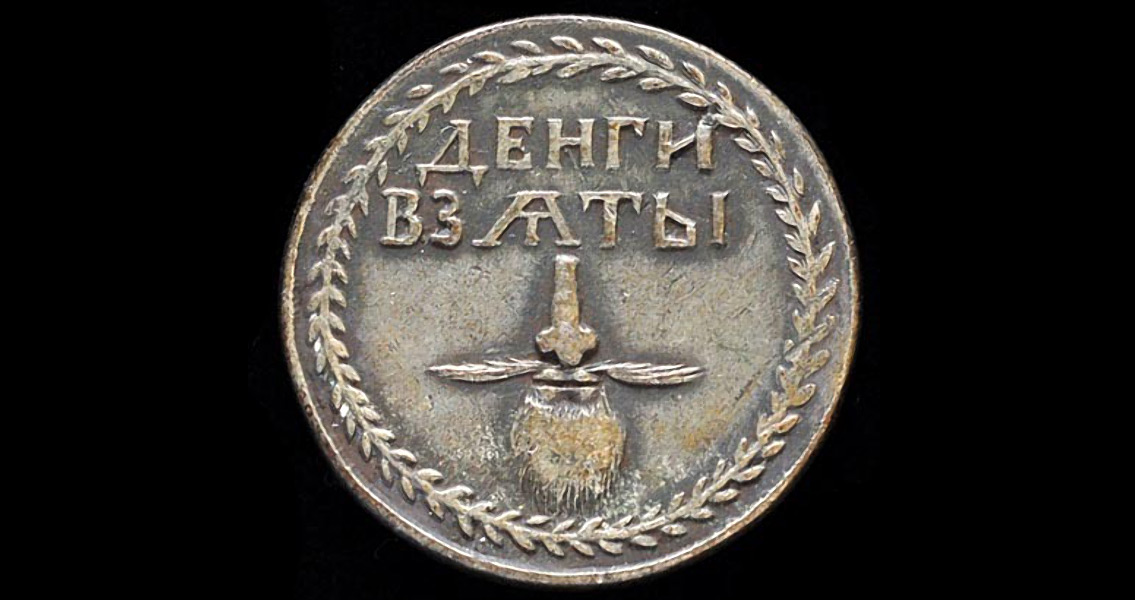<![CDATA[Consistently controversial, taxation is one of the biggest sources of conflict between governments and citizens. Throughout history, taxes have led to civil wars and revolutions, or severe punishments for those who attempt to evade them. Even now tax is a hugely thorny issue, but before current debates over issues such as corporation tax or individual contributions to national budgets, history witnessed pieces of tax legislation that are almost impossible to imagine today. A beard tax was levied by Tsar Peter I of Russia on 5th September, 1698, in one of the most unusual pieces of taxation ever. The progressive tax on facial hair meant that anyone who wished to keep a beard had to pay the government. Once their money had been deposited the bearded individual received a small, copper token as proof the tax had been paid. An impoverished beggar could pay for his beard with just two kopeks, whereas the wealthiest members of society had to pay over a hundred roubles. Although hugely unpopular, the legislation remained until 1772 - forty seven years after Peter I had died. Remarkably, the taxation wasn't the most extreme measure Peter the Great took in his crusade against facial hair. Upon returning from his Grand Tour of Western Europe in August 1768, Peter was greeted by a reception of the country's nobles. Accounts claim that after embracing each one, Peter took out a pair of scissors and began to cut the beard off of the commander in chief of the Russian army. In stunned silence the gathered crowds watched as Peter moved on to the next dignitary, shaving each one personally. Peter initially ordered that all of his subjects in the Russian Empire shave their facial hair, with the exception of peasants and the clergy. So serious was his crusade that the police were given powers to shave on sight those who didn't comply. The 5th September taxation was simply an attempt to monetise this new law. Although seeming surreal now, the beard tax actually reveals a great deal about Russia in the late seventeenth and early eighteenth century. Peter's Grand Tour of Europe had exposed to him the customs, cultures and societies of western Europe. The Tsar became convinced that technologically, culturally and politically Russia had fallen behind, encumbered by its predominantly agrarian economy and lifestyle. A defining feature of his reign was the drive for modernisation and westernisation of Russian culture, the Tsar overseeing a revolution in the Russian education system, military and administrative structure. With such a drastic overhaul inspired by the influence of western European cultures, it is perhaps little surprise that Peter's revolution also extended to adopting European fashion sensibilities. Inevitably Peter's measures invoked controversy. Where some viewed his actions as bringing the Enlightenment to Russia, others saw them as betraying the country's traditions, and this controversy extended to the beard tax. The Russian Orthodox Church regarded the shaving of a beard as blasphemous, a belief well embedded in Russian culture. "Shaving the beard is a sin the blood of all martyrs will not wash away. It would mean blemishing the image of man as God created him." as Ivan the Terrible had said centuries before. Surprisingly, Peter's beard tax wasn't the first to be levied. Both Henry VIII and Elizabeth I had initiated similar taxes in England. ]]>
History's Strangest Tax? Peter the Great Puts a Price on Beards
